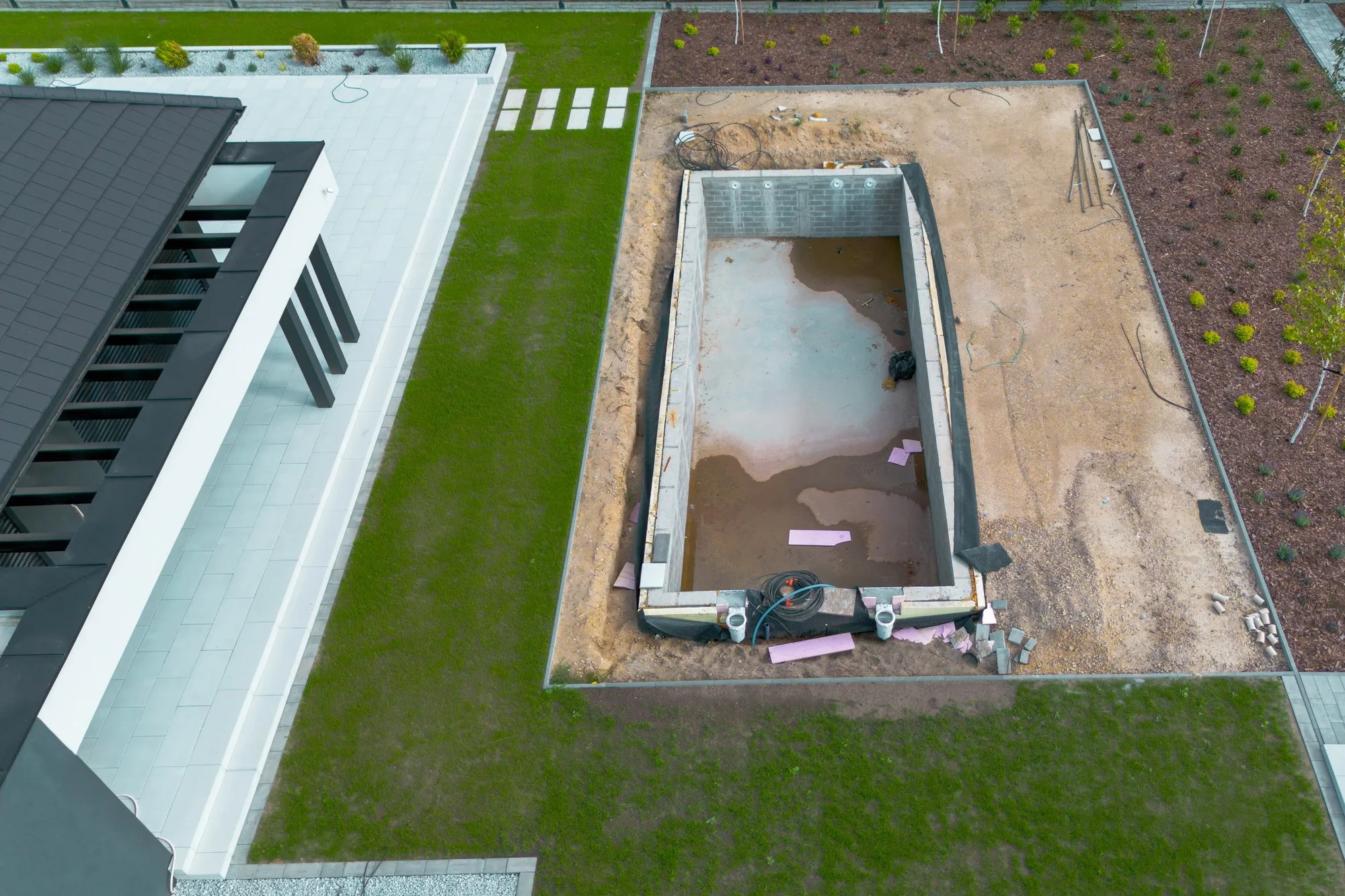Best Apartment Gym Amenities in NYC
Living in New York City means embracing a lifestyle that combines convenience with luxury. Apartment gyms are an essential part of this equation, offering residents cutting-edge facilities right at their doorstep. As more people prioritize health and wellness, having access to fantastic gym amenities has become a crucial factor in choosing where to live.
From advanced fitness equipment to specialized classes, NYC apartments are raising the bar on what it means to work out at home. These amenities not only make health routines more achievable but also enhance the overall quality of life. Imagine finishing a long day of work and finding not just a gym but a wellness retreat within your own building.
As we delve into the best gym amenities around, let's see how they transform the way New Yorkers approach fitness and relaxation.
State-of-the-Art Equipment
New York City apartments are stepping up their game with state-of-the-art gym equipment, ensuring residents have access to the best tools for their fitness routines. Modern gyms within these complexes often include smart training machines that adjust resistance automatically, interactive treadmills with virtual courses, and multi-functional weight stations for complete workouts. This cutting-edge technology offers precise and personalized fitness experiences that suit all levels of exercise enthusiasts.
One of the biggest benefits of having advanced fitness equipment at home is the sheer convenience. Forget traveling to the gym or waiting in line for machines; residents can simply walk down a few floors to get their daily dose of exercise. This access saves time and helps maintain consistency in workout routines. Plus, having these facilities readily available encourages more frequent exercise, supporting healthier lifestyles.
Popular brands like Peloton, Life Fitness, and Technogym feature prominently in these apartment gyms. They offer a range of machinery, including bikes, ellipticals, and rowing machines, each equipped with the latest in fitness technology. These brands are known for their durability and innovative designs, which provide users with a seamless workout experience, motivating them to stay on track with their fitness goals.
Specialized Fitness Classes
Apartment gyms in NYC typically offer a variety of specialized fitness classes that cater to diverse interests and skill levels. Residents can choose from yoga sessions that promote flexibility and mindfulness, intense HIIT workouts designed to boost metabolism, or soothing Pilates classes that focus on core strength and posture. These classes are led by experienced trainers who provide personalized attention to help residents achieve the best results.
The convenience of accessing specialized trainers right within the complex is a significant advantage. Residents don't need to worry about commuting to different gyms for their favorite classes. This setup means less time spent traveling and more time for actual workout sessions. Additionally, having access to skilled trainers ensures that residents perform exercises correctly, minimizing the risk of injuries and enhancing overall effectiveness.
These fitness classes are particularly important for busy urban lifestyles. They offer structured programs that fit seamlessly into a hectic schedule, providing both physical and mental benefits. Participants can socialize with neighbors, building a sense of community while working towards their health goals. The diverse range of classes also adds variety to workouts, keeping them interesting and engaging, which is crucial for maintaining motivation over time.
Wellness and Recovery Amenities
Wellness and recovery features are becoming essential components of apartment gyms in NYC, offering residents a holistic approach to fitness and health. Many luxury apartment complexes now include amenities such as saunas, steam rooms, and massage chairs. These facilities provide a soothing environment for relaxation after an intense workout and help speed up body recovery by reducing muscle tension and boosting circulation.
Including these amenities transforms a typical fitness routine into a comprehensive wellness experience. Saunas and steam rooms are particularly effective in relaxing muscles and detoxifying the skin, while massage chairs offer targeted relief and relaxation. These features promote overall well-being and are a significant draw for residents seeking a balance between their workout and recovery processes.
Holistic health approaches are gaining traction in apartment gyms, integrating mental and physical wellness into the fabric of everyday life. By incorporating recovery areas, these spaces encourage residents to focus on more than just physical fitness, offering a complete wellness package that supports a healthier lifestyle. This integration naturally enhances the attraction of residential spaces for potential renters looking for more than just a place to live.
Community and Social Spaces
Social spaces within apartment gyms play a vital role in fostering a sense of community among residents. These areas offer more than just a place to exercise; they become venues where people can connect, share experiences, and build friendships. Amenities like juice bars and comfortable lounges create welcoming environments for residents to gather and relax post-workout, further strengthening community bonds.
One of the significant perks of having these communal spaces is the potential for hosting community-oriented fitness events. These events could include group workout challenges, wellness seminars, or even social mixers that encourage residents to engage with one another. Such activities can enhance the sense of belonging in a large apartment complex, making it feel more like a supportive and interactive neighborhood.
Having available social spaces and planned events can significantly impact residents' experience by promoting a healthy, active, and socially enriching lifestyle. This community-focused approach supports not just individual well-being but also creates a more connected living environment where residents feel valued and involved in shared experiences.
Conclusion
Apartment gyms in NYC are redefining fitness and wellness within residential communities. They offer cutting-edge equipment, access to specialized classes, wellness facilities for recovery, and vibrant social spaces. These amenities transform everyday fitness routines into holistic experiences that enrich residents' lives. Apartments equipped with such exceptional gym amenities are highly sought after, providing convenience, fostering community, and enhancing overall quality of life for all who call NYC home.
Interested in finding a place that meets your fitness and wellness goals? Let Off The MRKT guide you to the best smart apartment gyms in NYC. Explore our listings to discover homes that not only offer luxury living but also elevate your lifestyle with top-tier amenities and a strong sense of community!
































